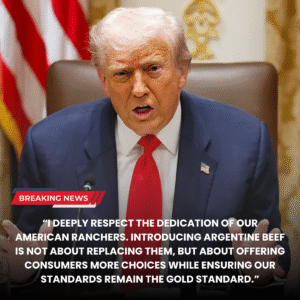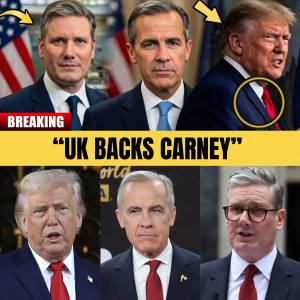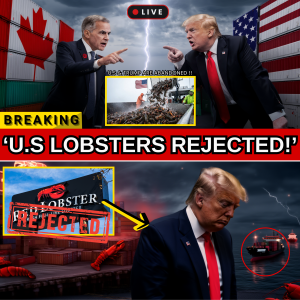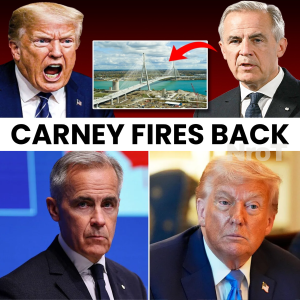Lawmakers and industry insiders are expressing growing concern over a proposed import plan that could introduce beef from Argentina into the U.S. market. Ranchers worry about its potential impact on prices and production.
Economic analysts warn that such imports may destabilize the domestic beef industry, which has long relied on consistent standards and supply chains. The debate has quickly become a flashpoint in Washington politics.
Representative Julie Fedorchak of North Dakota has emerged as a vocal critic, highlighting the risks this proposal could pose to U.S. ranchers. Other GOP lawmakers have joined her in calling for careful evaluation.
“We cannot allow foreign beef imports to undermine the decades of hard work by American ranchers,” Fedorchak said, emphasizing the need to protect livelihoods and maintain rigorous safety and inspection standards.
The discussion has ignited a broader conversation on food security, trade policy, and domestic agriculture. Observers note that this debate underscores the delicate balance between international agreements and local economic stability.

Supporters of the import plan argue it could provide more options for consumers and foster trade relations with Argentina. Critics counter that the plan threatens U.S. farmers and could lower confidence in domestic beef products.
GOP lawmakers are now pressing the administration for detailed explanations regarding safety protocols, regulatory compliance, and long-term effects on the U.S. ranching economy. The tension reflects a clash of economic priorities.
As the story unfolds, industry leaders and politicians alike are watching closely. The debate highlights how trade proposals can quickly become flashpoints, testing the resilience of U.S. agriculture and the influence of domestic policy on international commerce.





